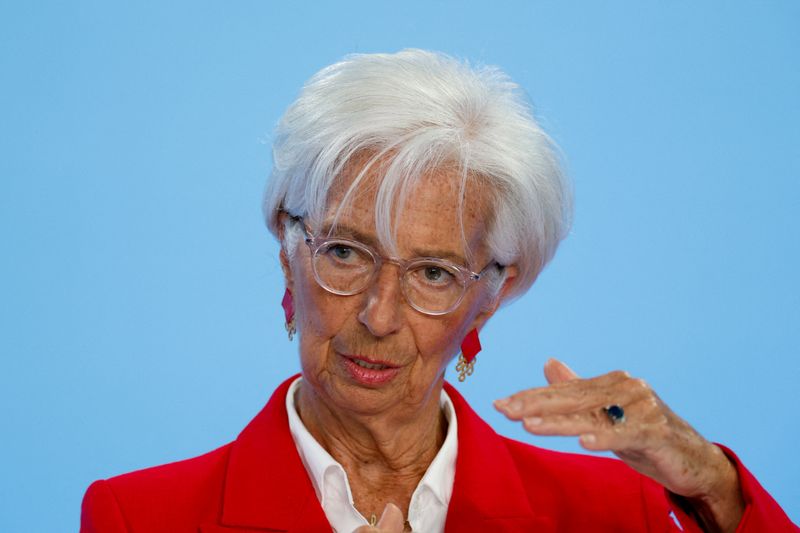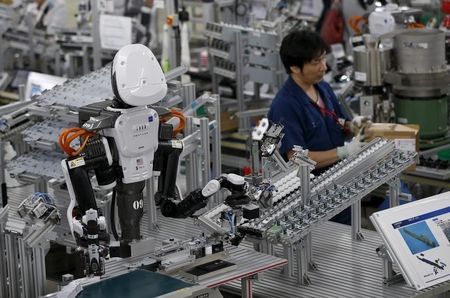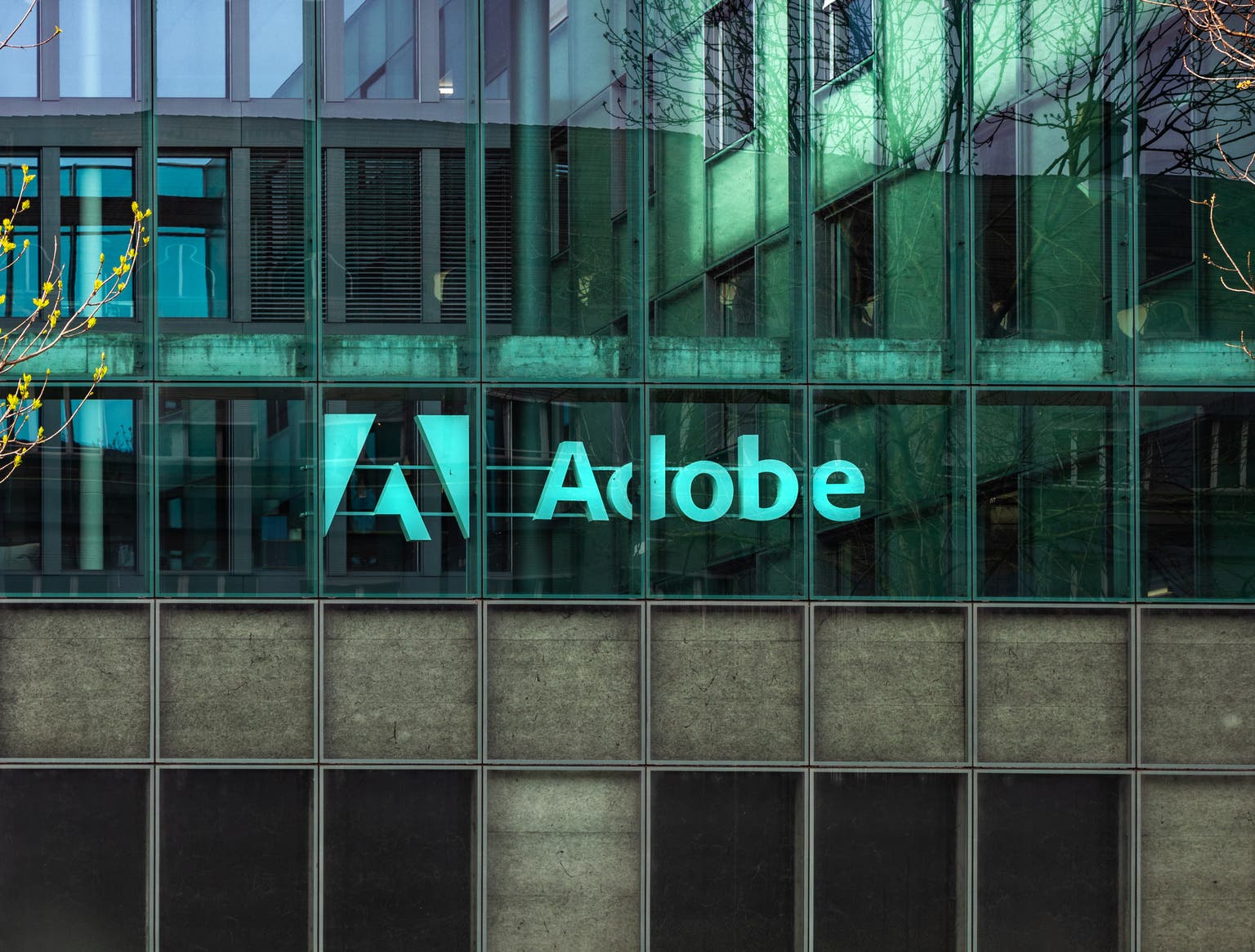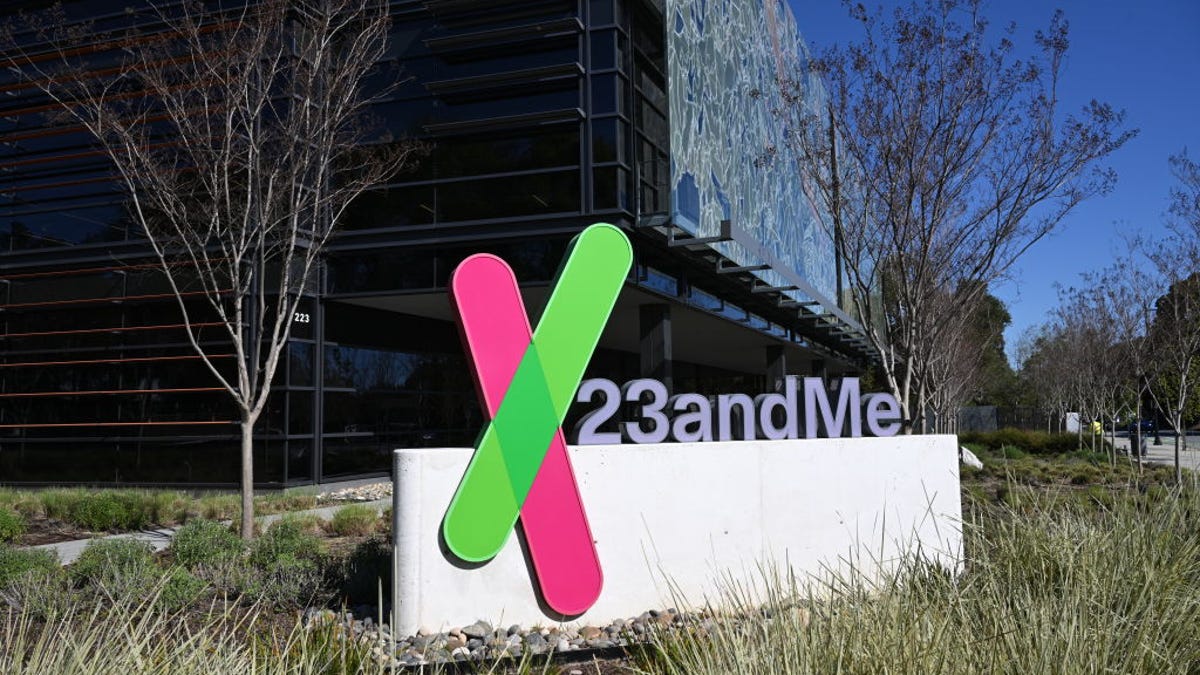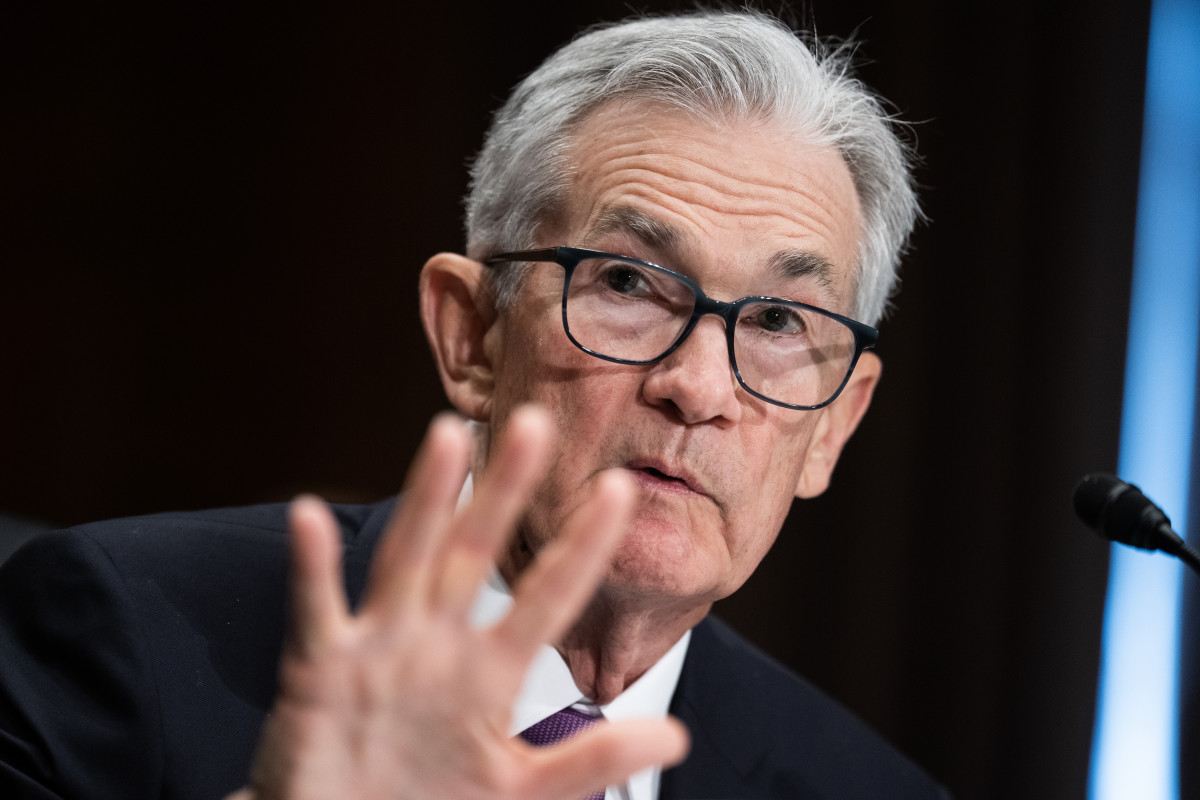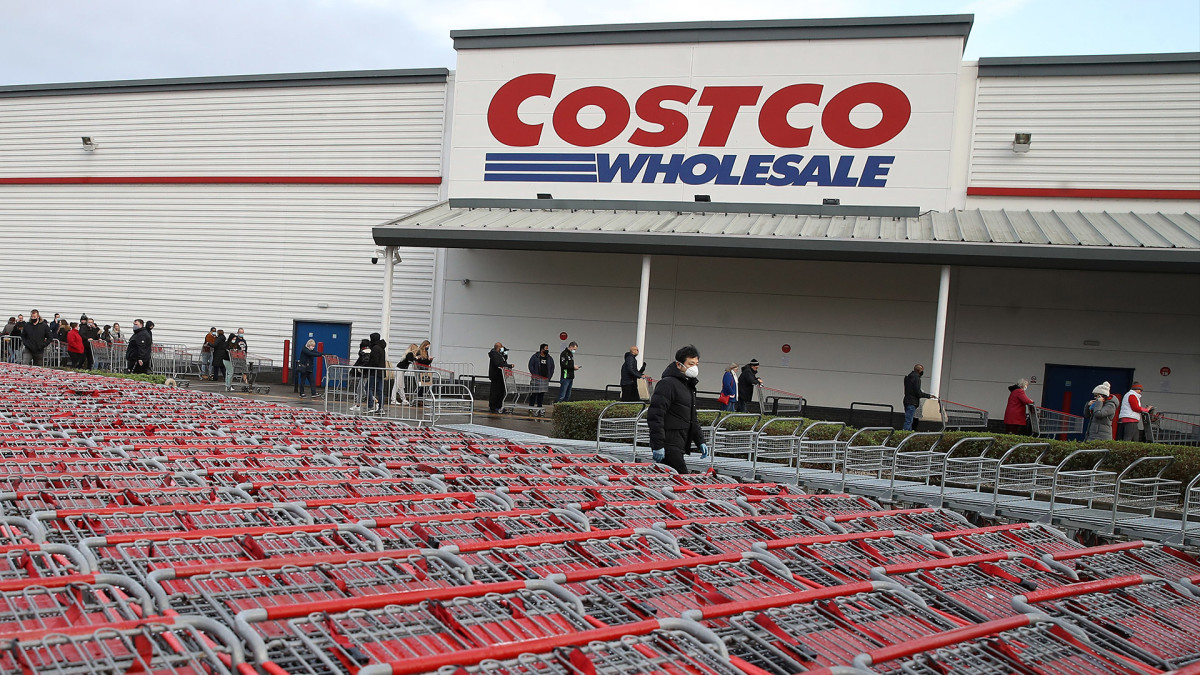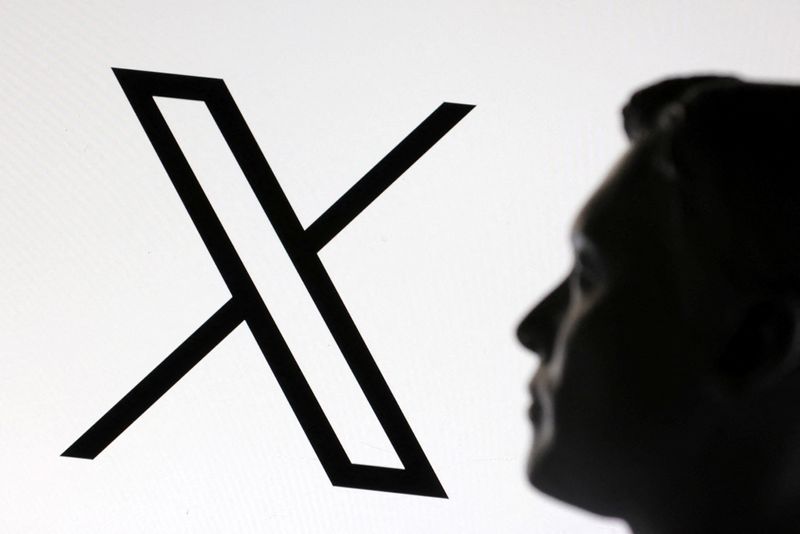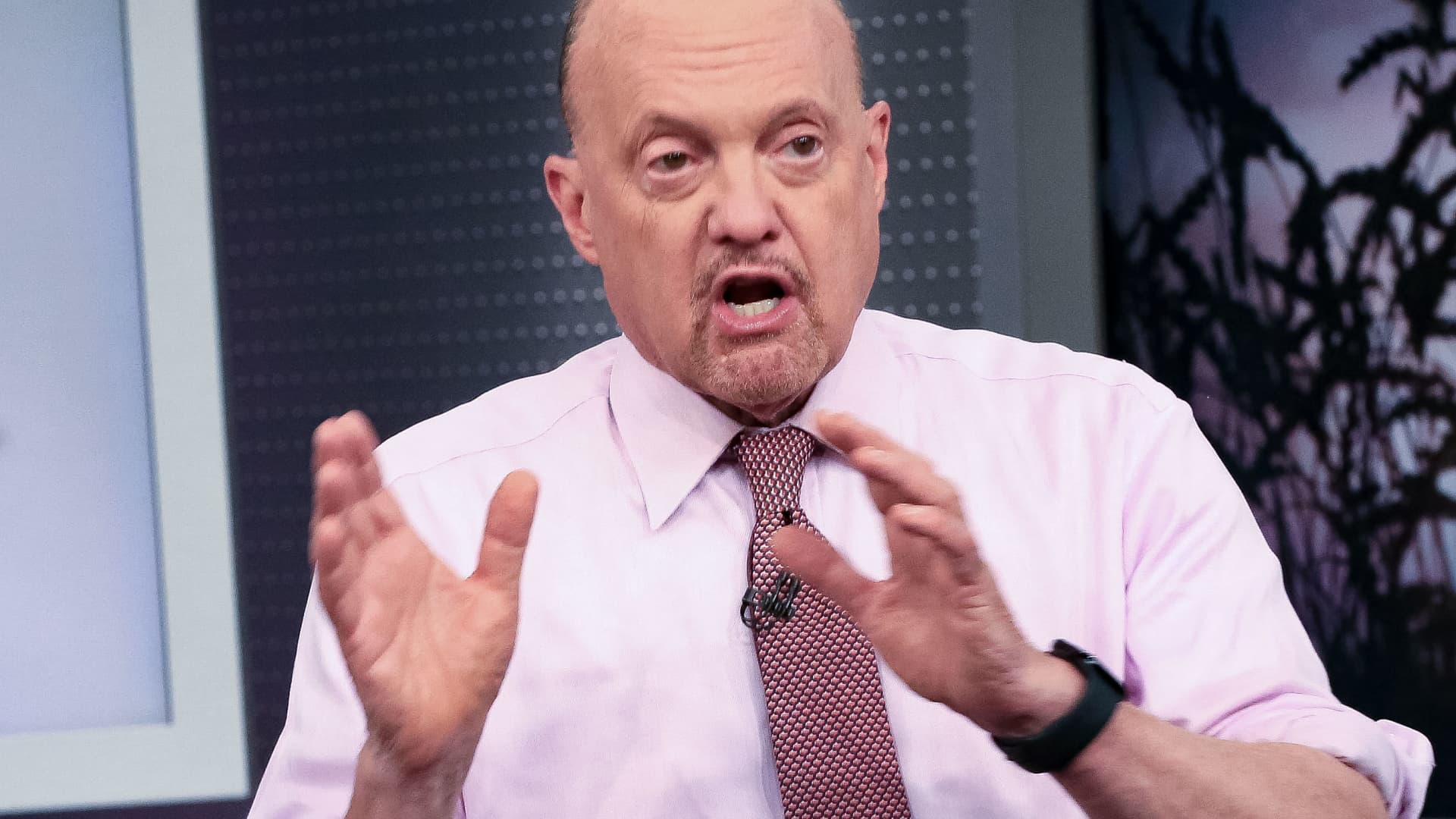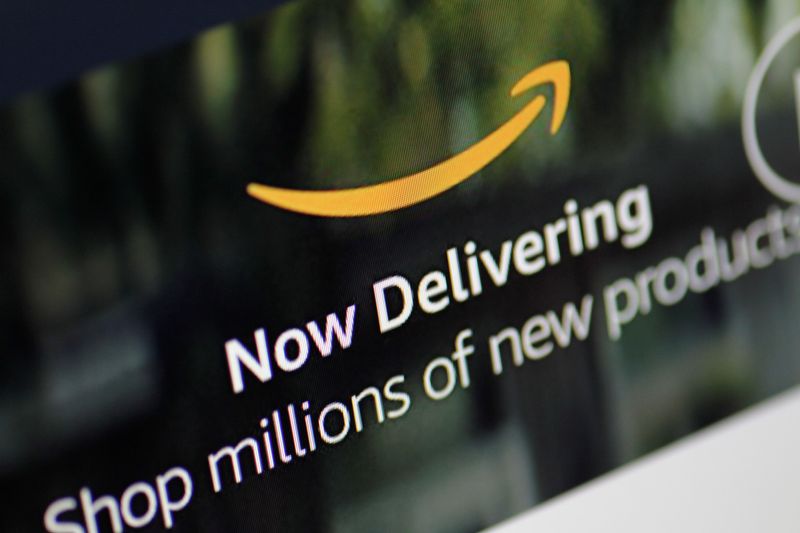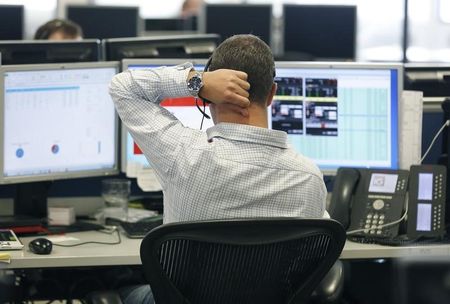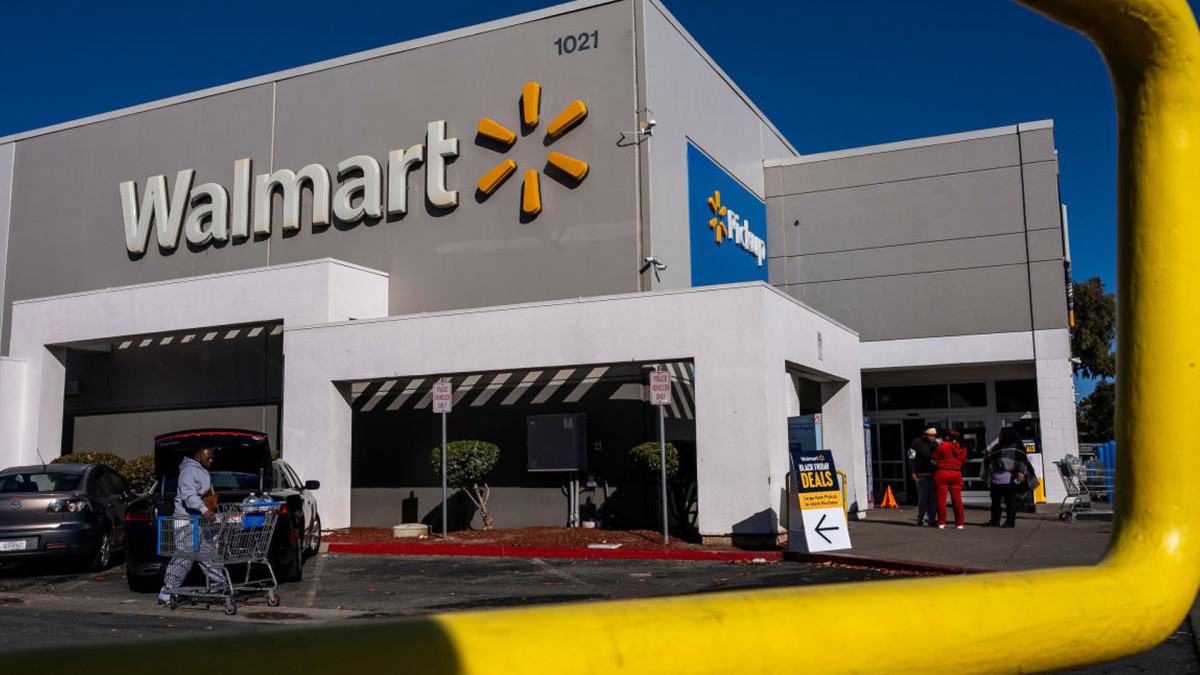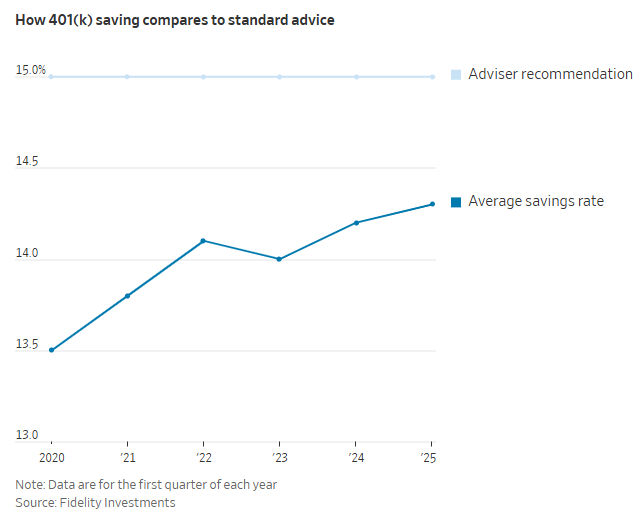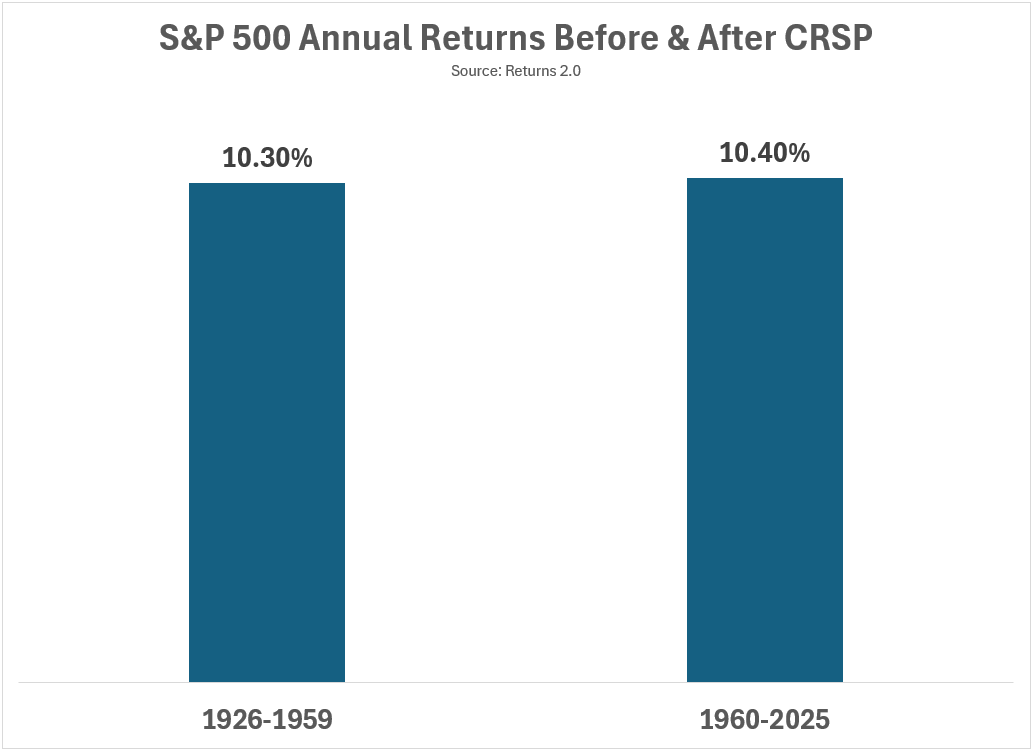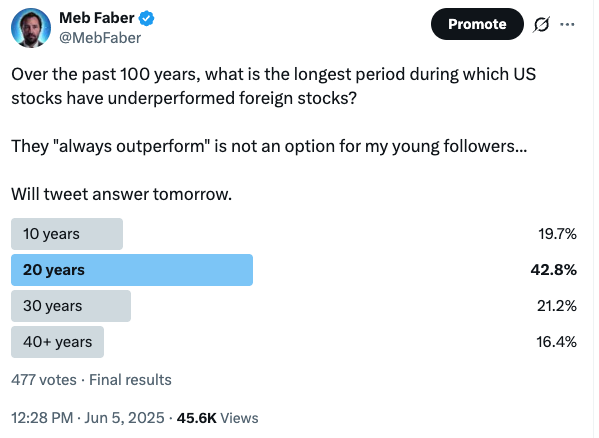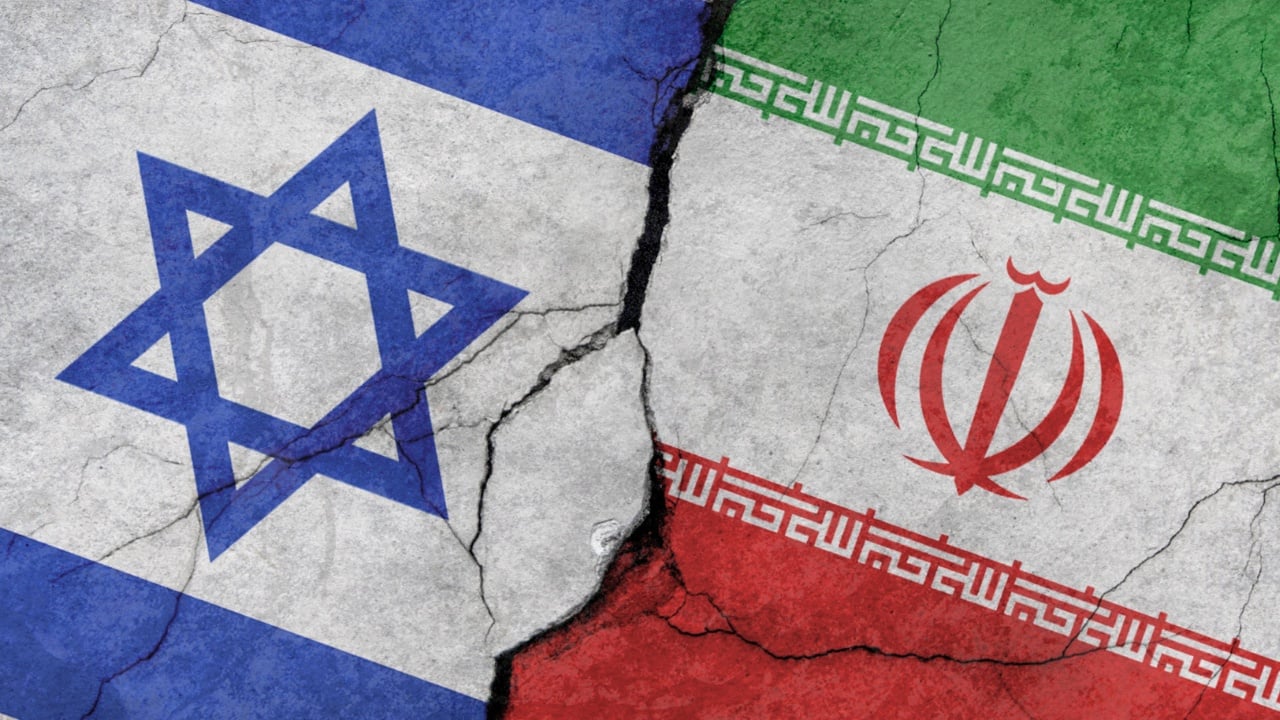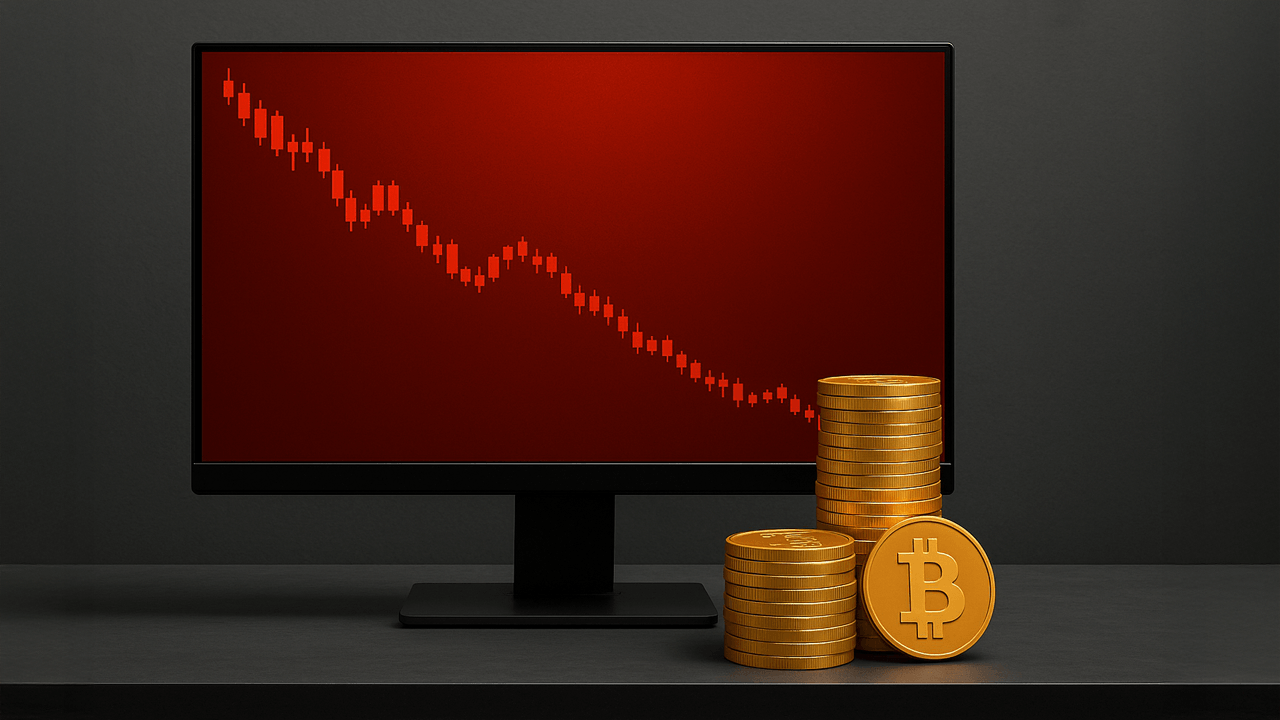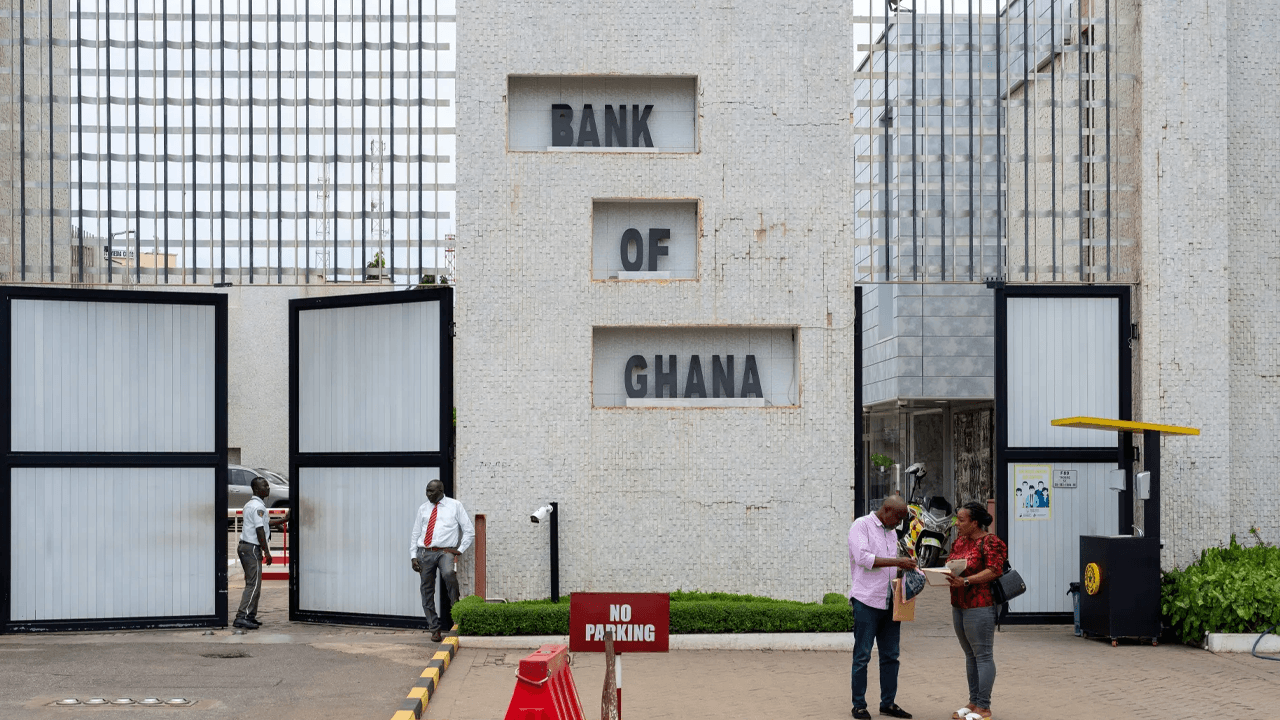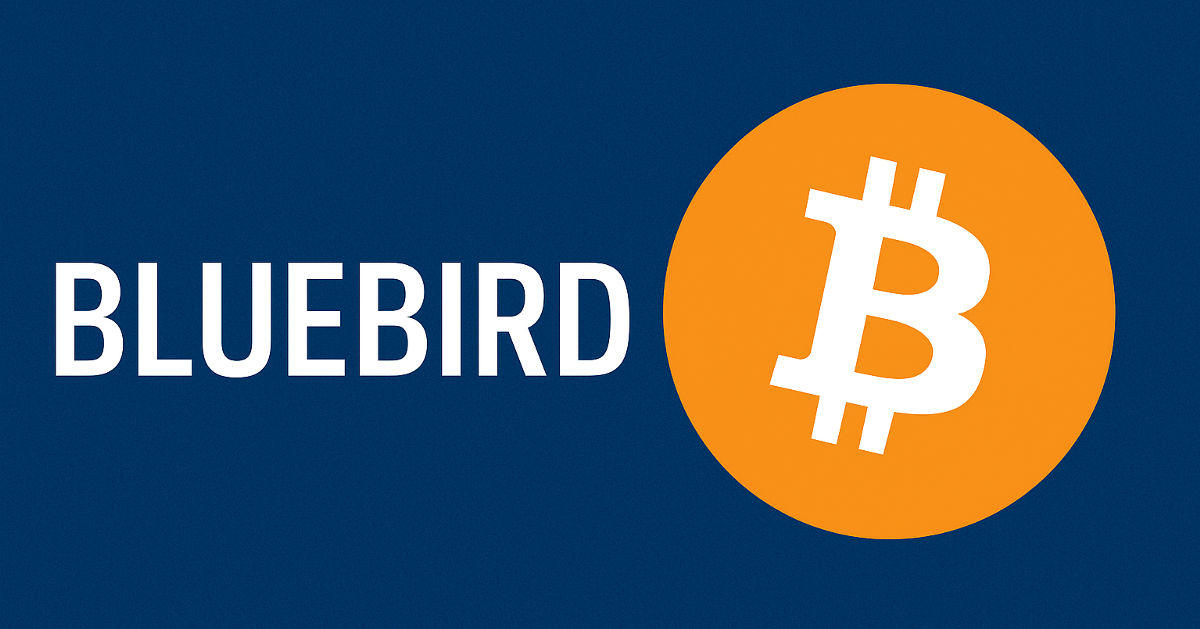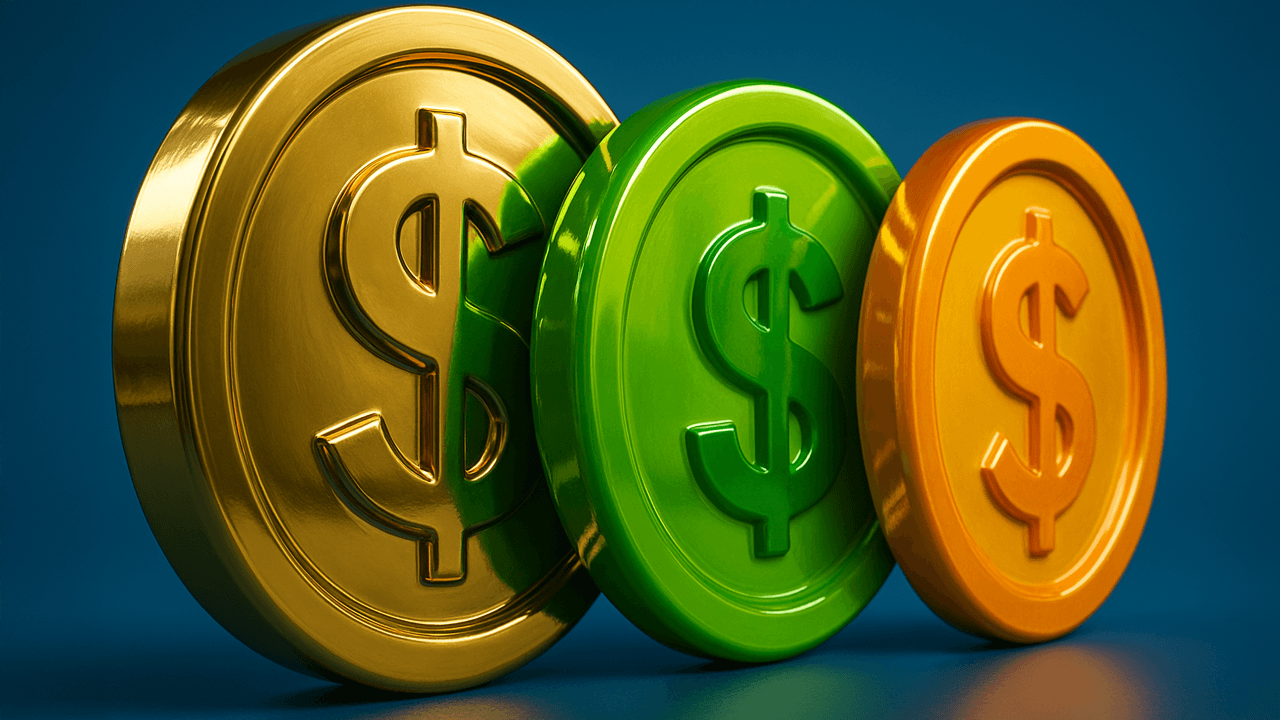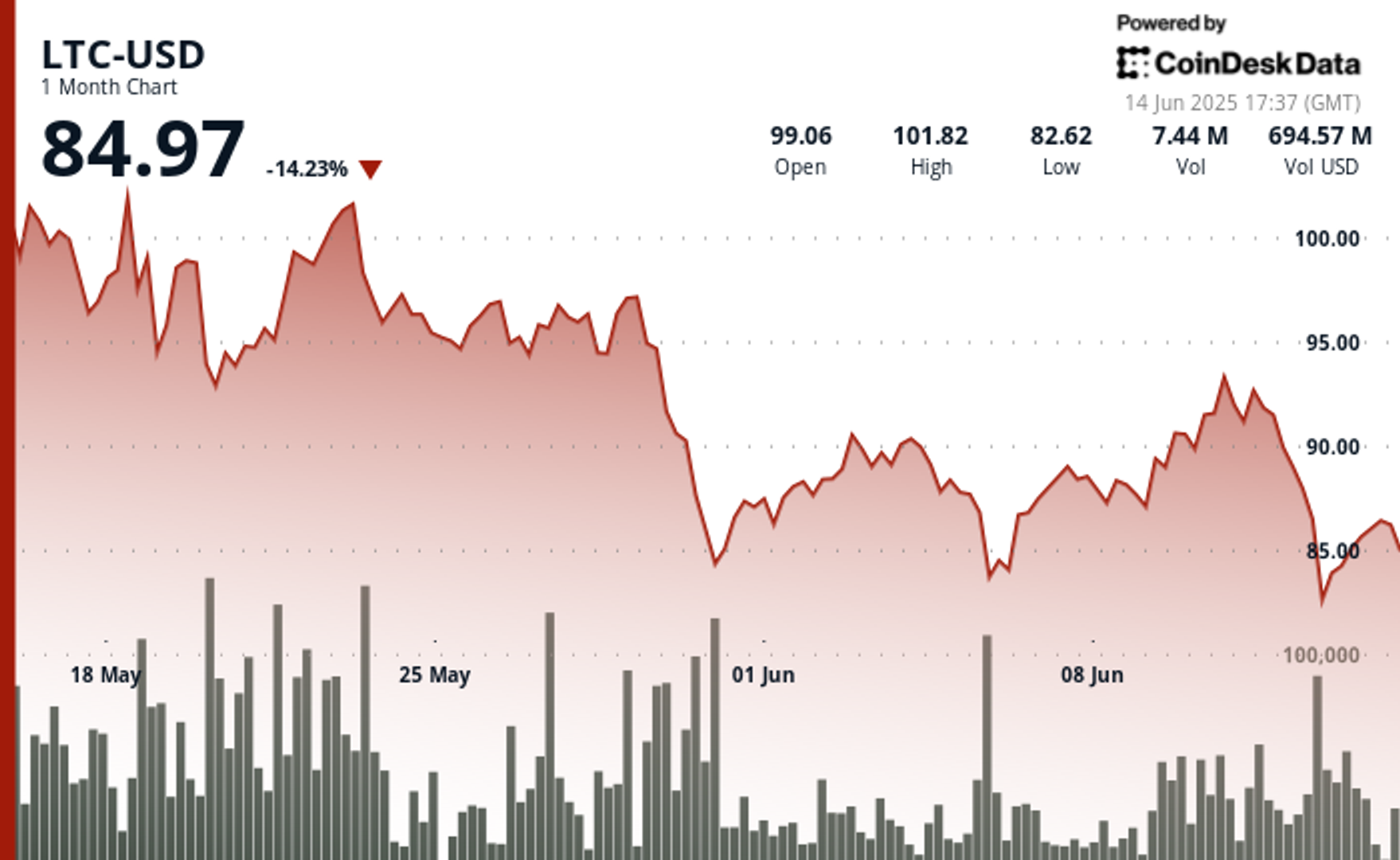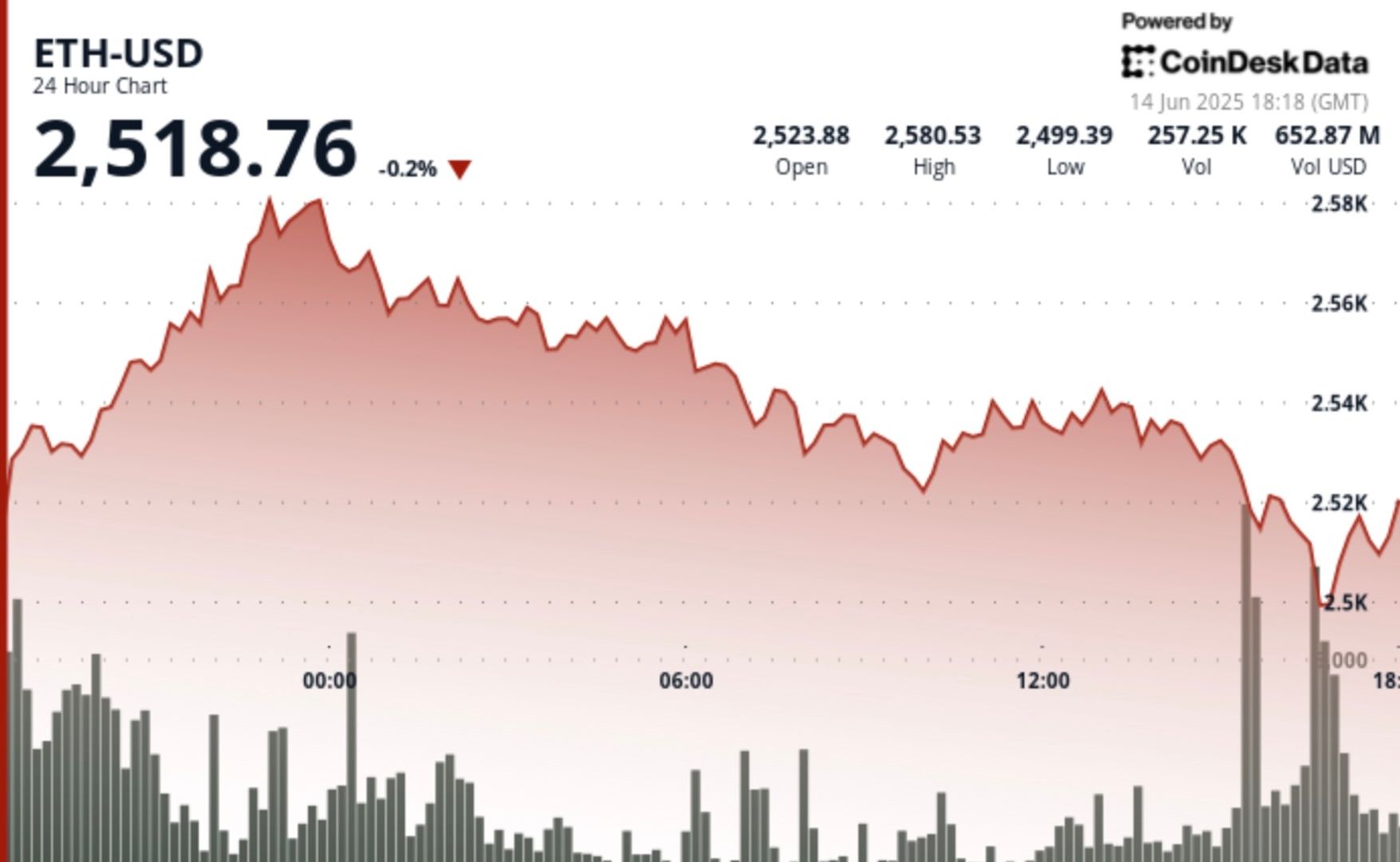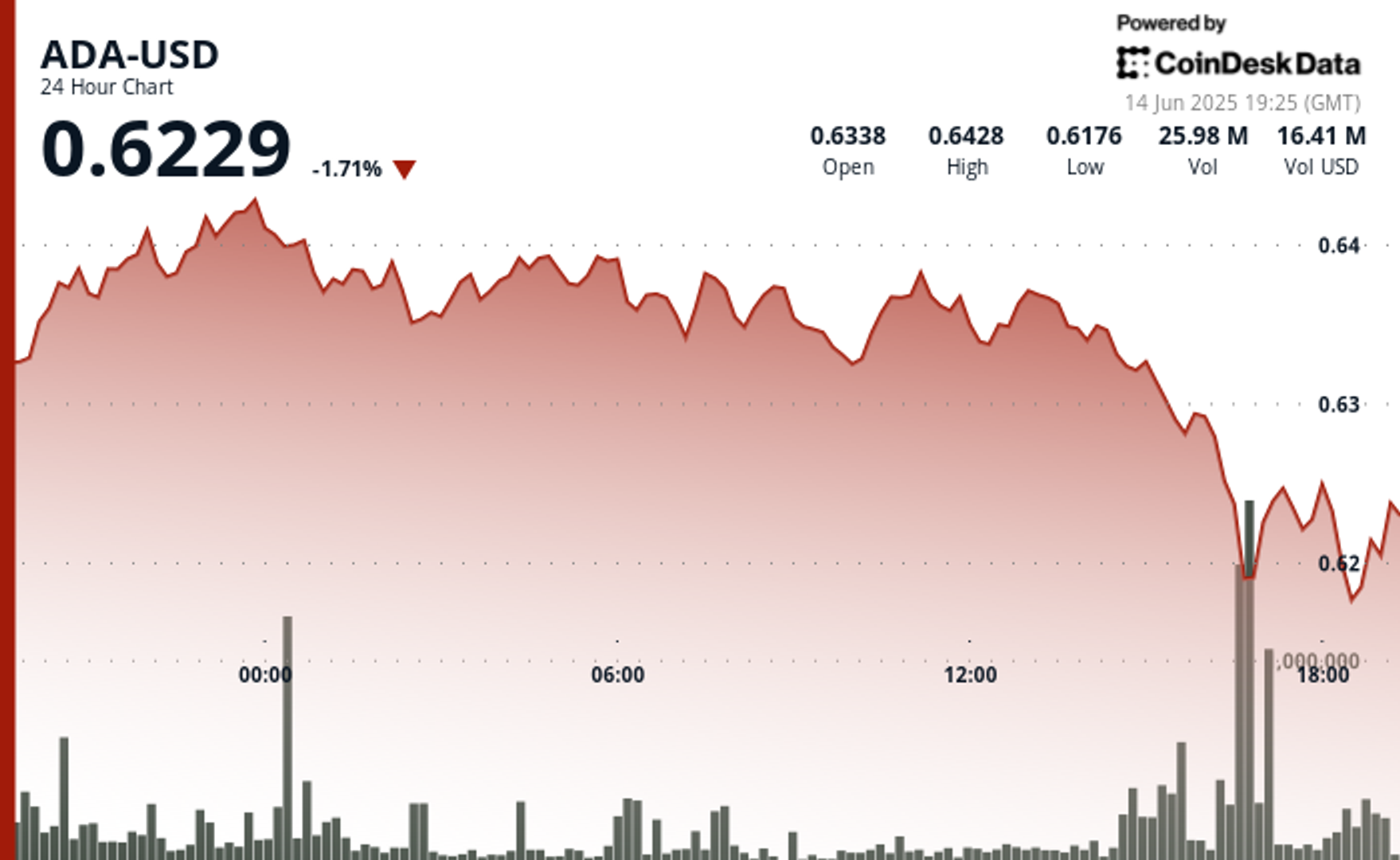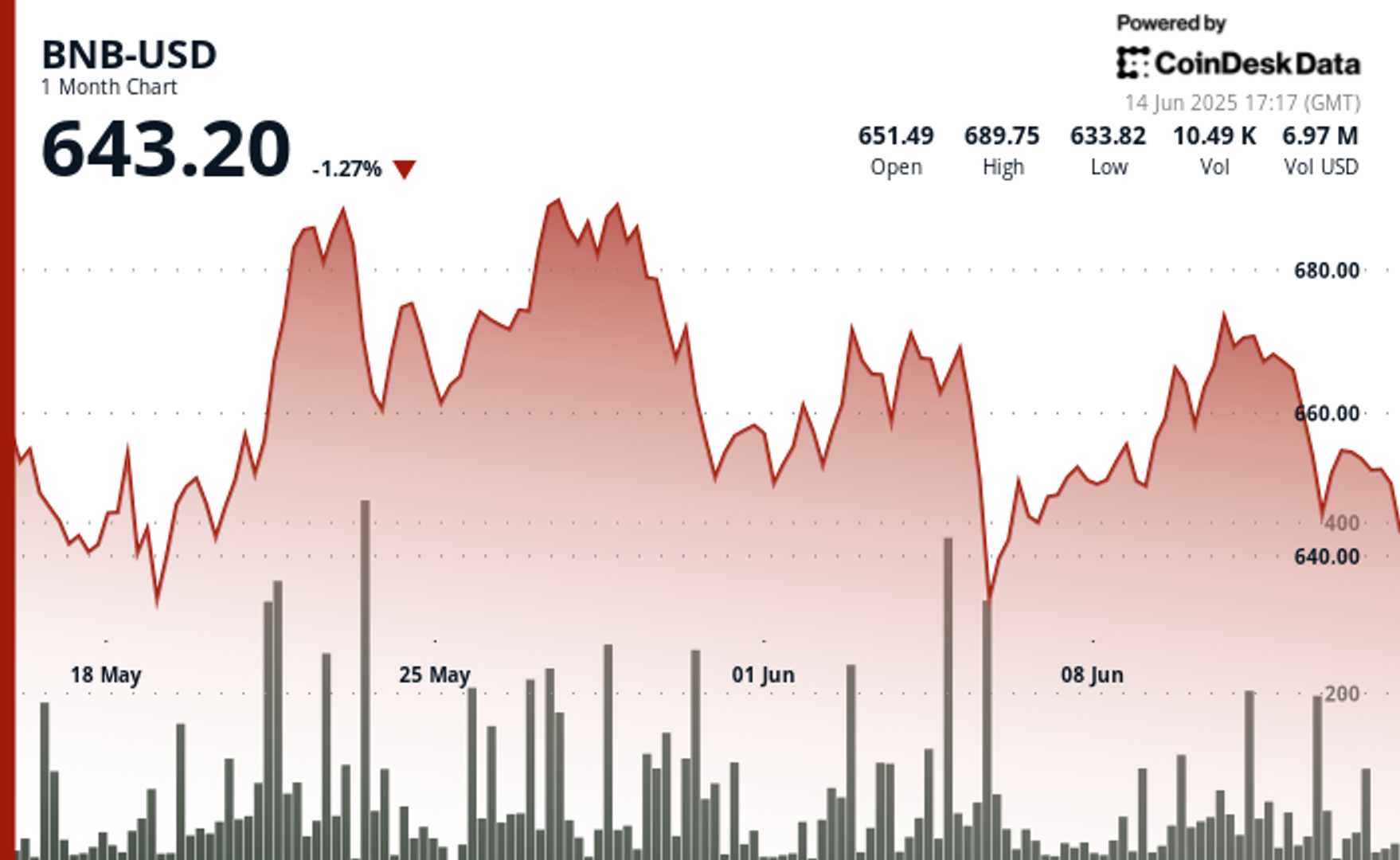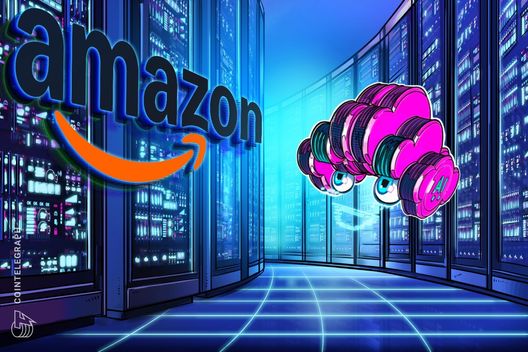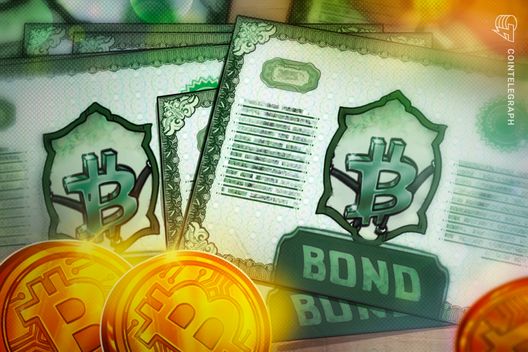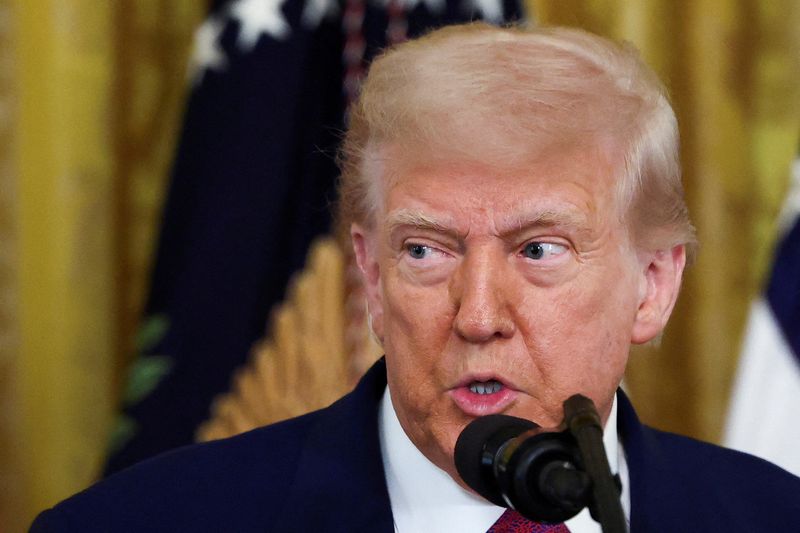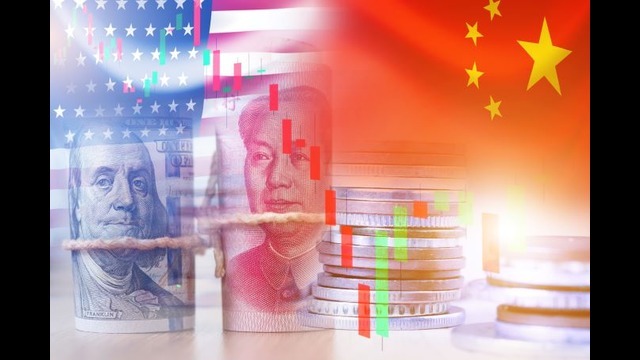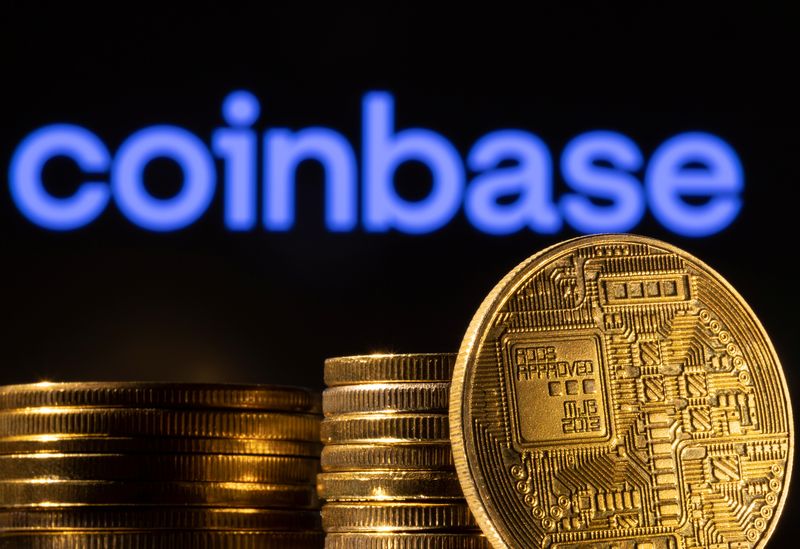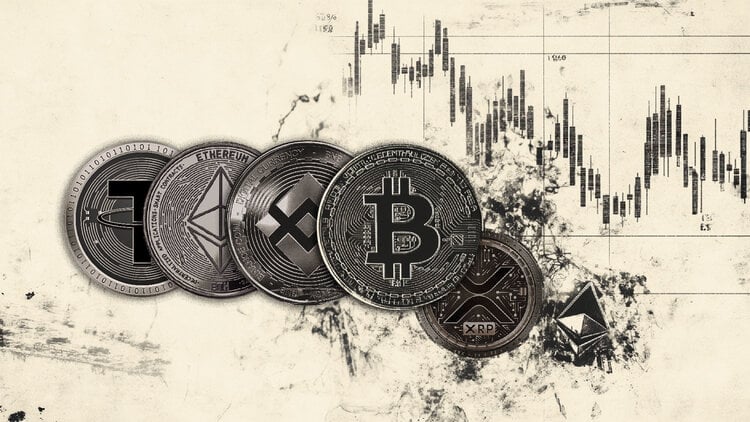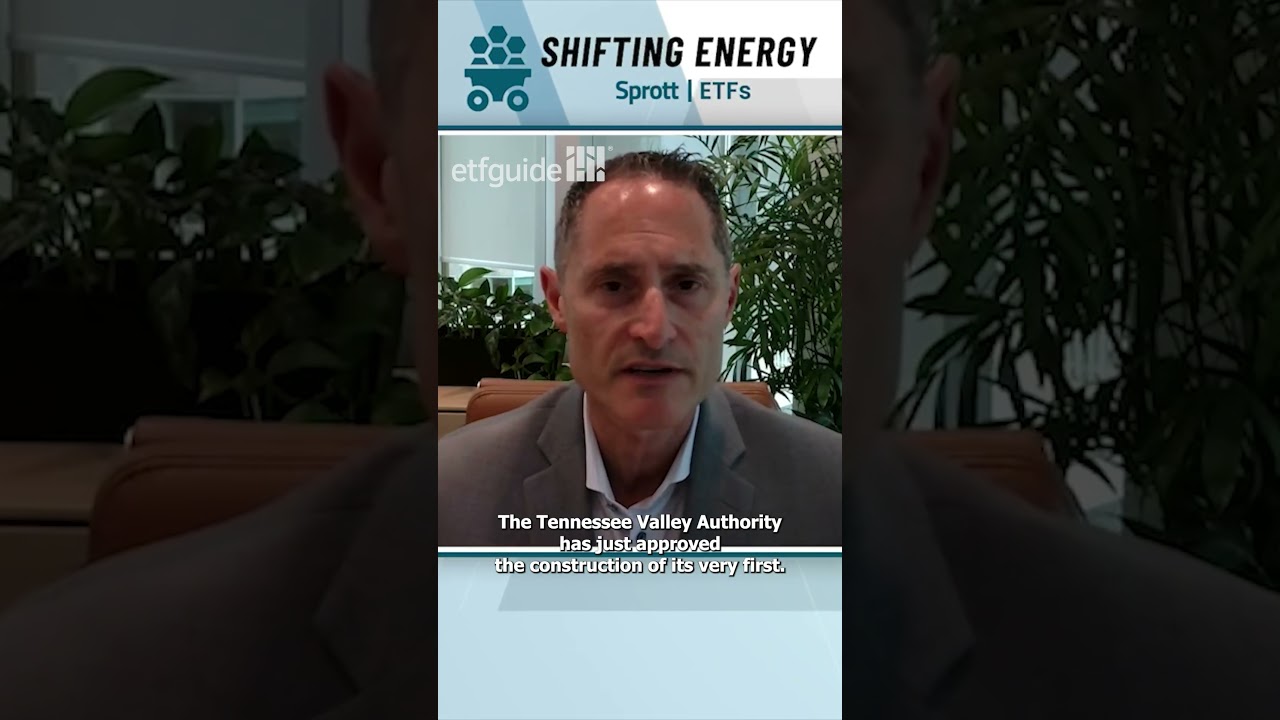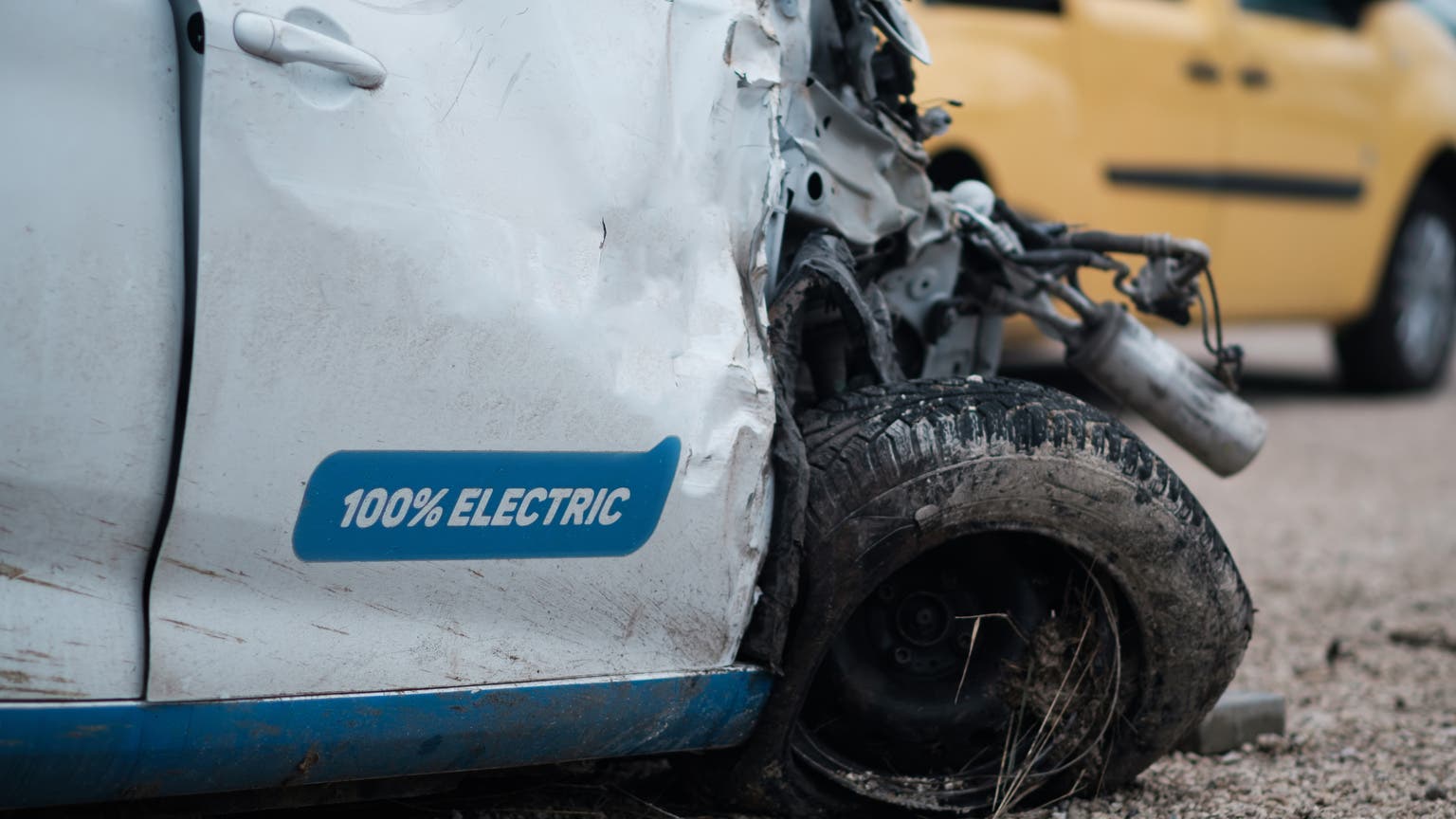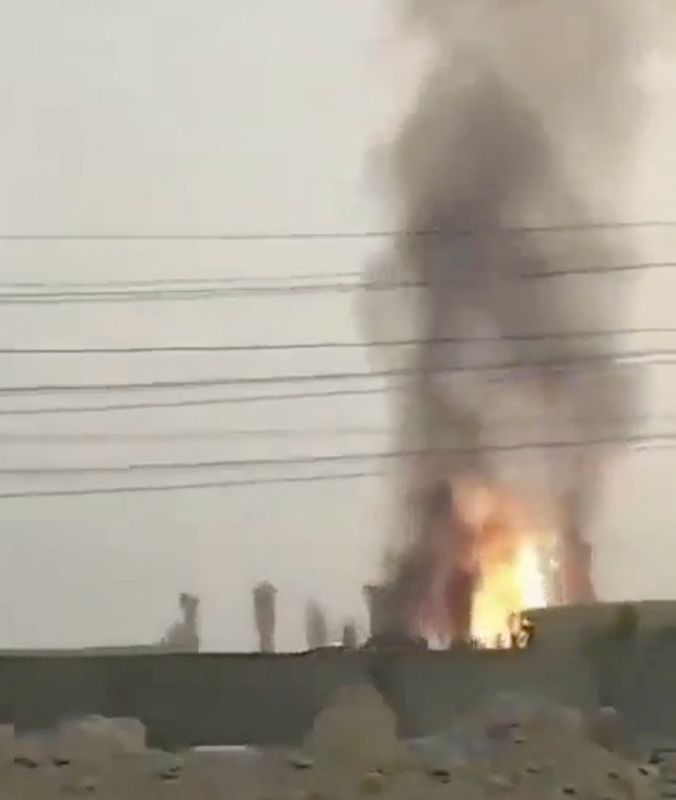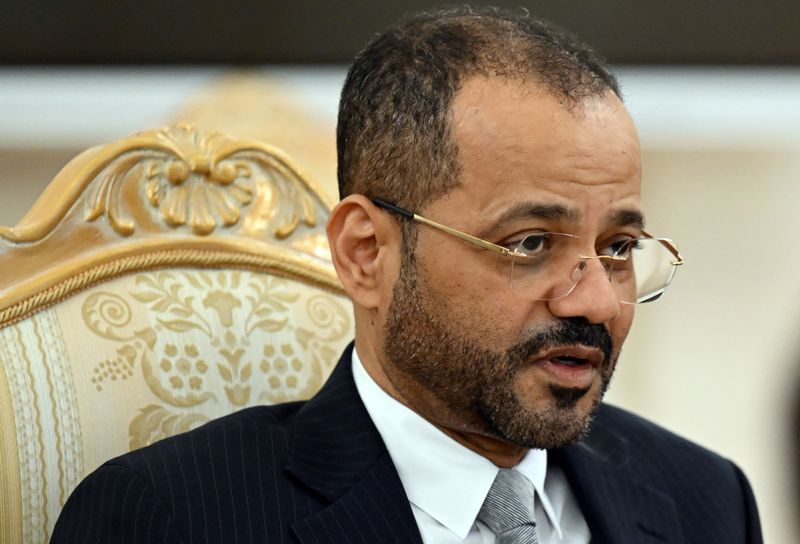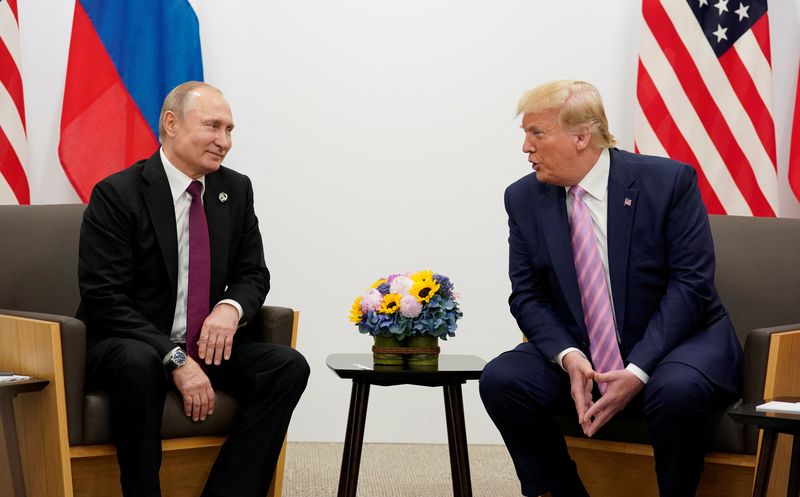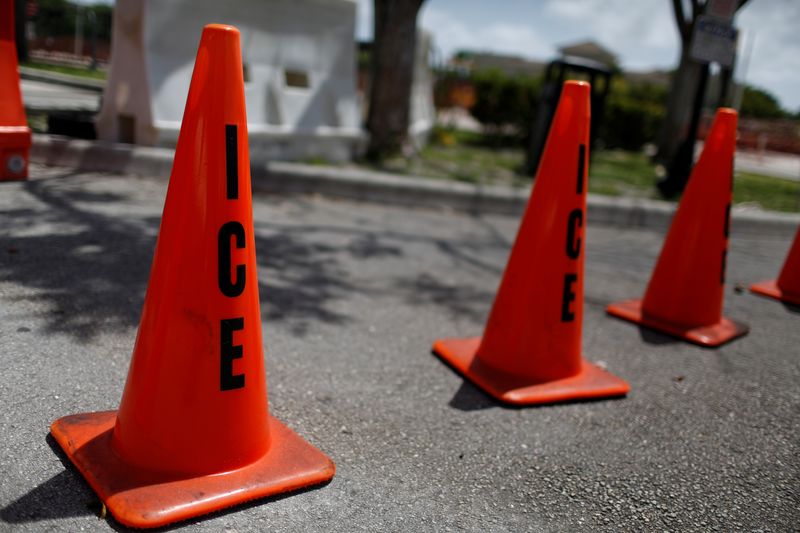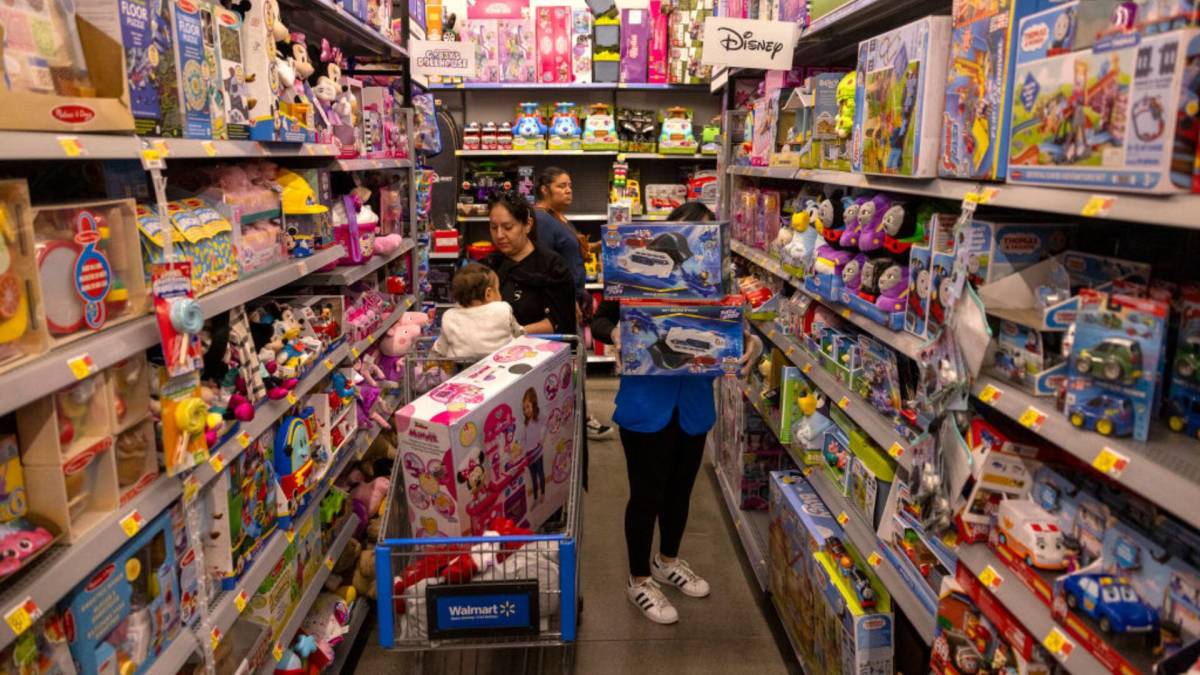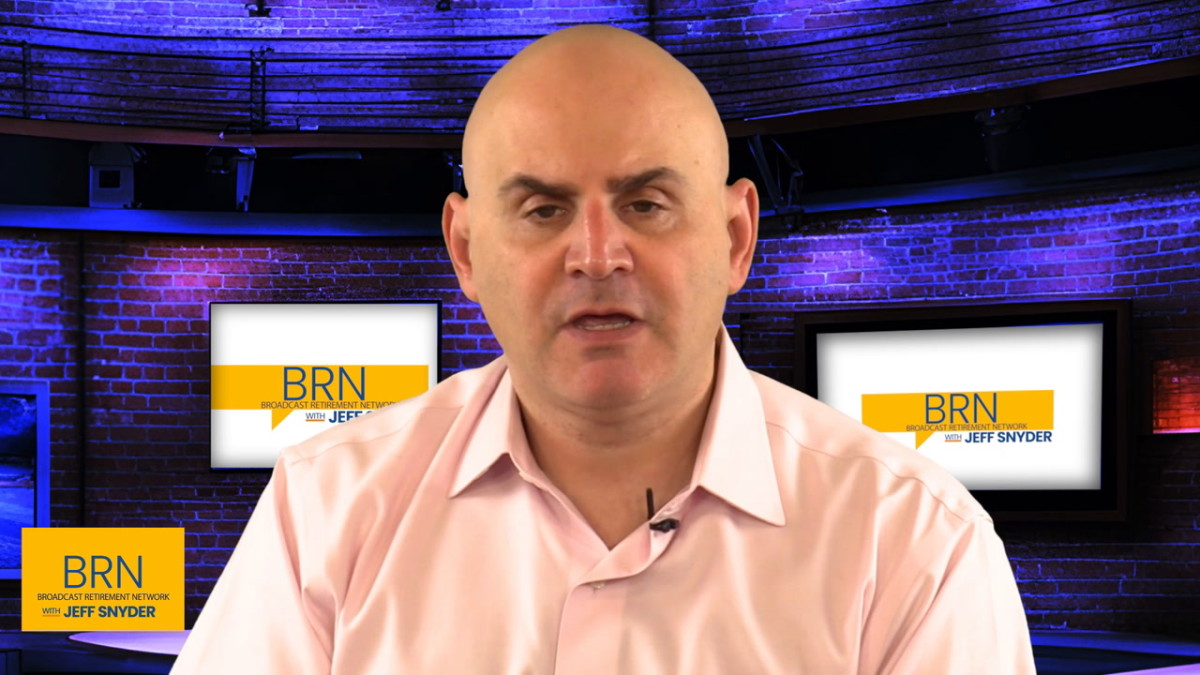Jeep, Dodge parent has no solution for this emerging problem
Stellantis isn't the only car company having to scramble for this material.
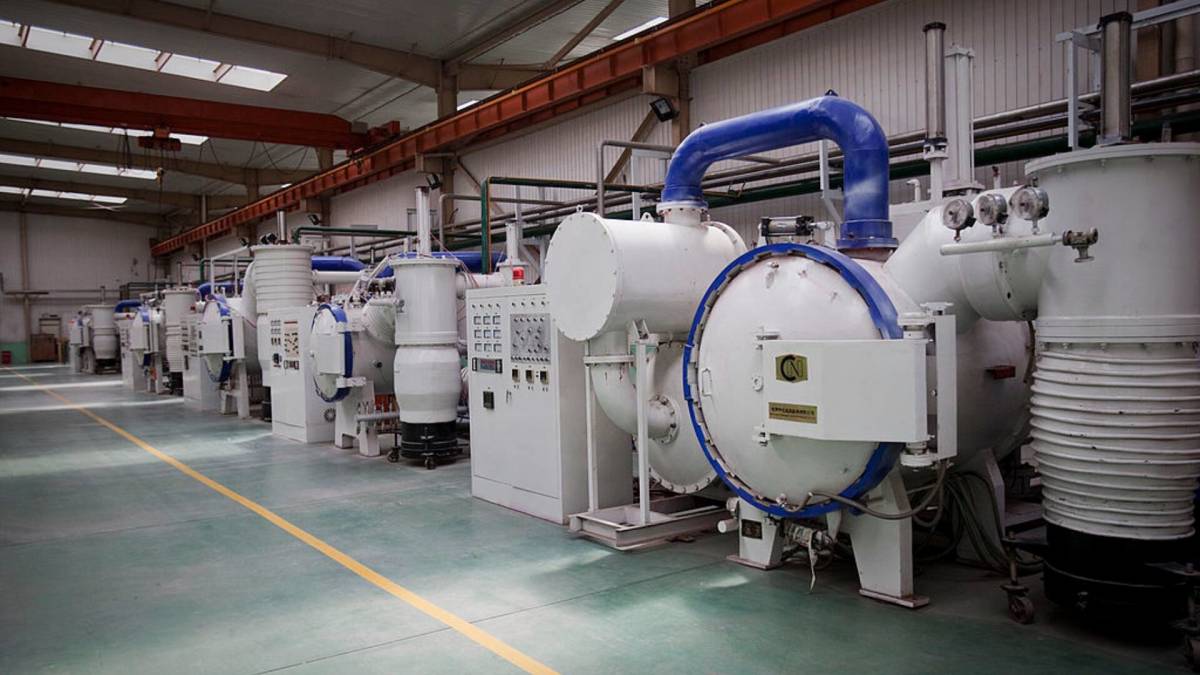
President Donald Trump has made his affinity for tariffs clear, and for the duration of his second term, it looks like they are here to stay.
Trump sees the import taxes as a key negotiating tool and a revenue generator for the U.S. Treasury.
One added benefit of tariffs is the theoretical onshoring of production as manufacturers look for ways to avoid exorbitant import taxes.
Related: Forget tariffs, automakers face an even bigger threat from China
However, there are some flaws in this thinking.
For one, not all production can be onshored. Certain produce, like coffee beans and bananas, can only be grown in certain regions.
Also, after nearly half a century of globalization, most supply chains have international connections.
This is especially true for the U.S. auto industry, which relies on parts from Canada and Mexico as well as China.
That last country is important because, as the U.S. ramped up its trade war, China became the primary focus of the Trump administration.
Unfortunately for the Big 3 U.S. auto manufacturers General Motors, Ford, and Stellantis (STLA) , this meant that China would find ways to retaliate against the 145% tariffs the U.S. placed on China's exports.
In addition to reciprocal tariffs of 125%, China has a natural advantage in vehicle manufacturing: rare earth materials.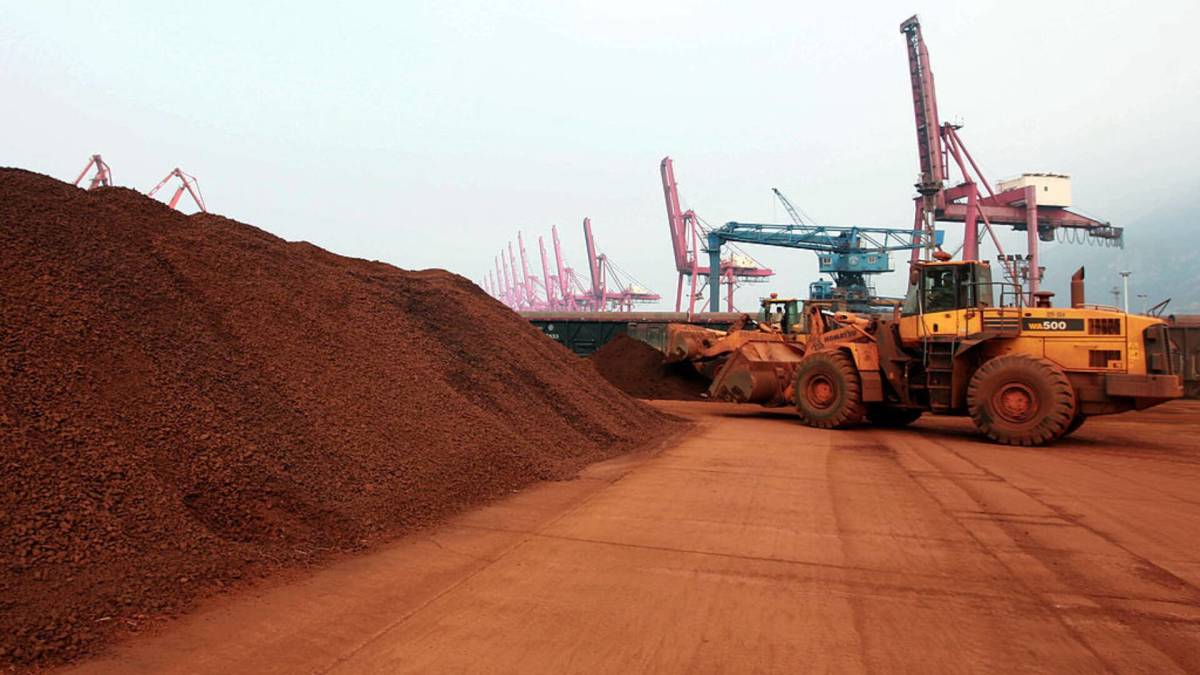
Stellantis has enough rare earth minerals, for now
China controls over 70% of the world's rare earth mining, 85% of its refining capacity, and 90% of rare earth metal alloy and magnet production, Reuters reported.
China began tightening controls in April by requiring companies to apply for permission to export magnets made with rare earth metals like dysprosium and terbium.
China was supposed to reduce its control of materials as part of the 90-day pause in the tariffs with the U.S.
Related: General Motors makes $4 billion tariff move
However, China has been slow-walking its approval process, according to the Wall Street Journal. President Trump has accused China of violating the deal, while China has said that the U.S.'s own “discriminatory and restrictive measures” have forced its hand.
For the auto industry, rare earth metals are essential for electric vehicle motors to function at high speeds. They are also necessary in manufacturing parts for traditional internal combustion cars.
While many car manufacturers are scrambling, Jeep, Dodge, and Cherokee parent company Stellantis (STLA) says it is fine, for at least the next two weeks.
"We're all fine for June," Stellantis' Jean-Philippe Imparato said during an auto event in Italy this week, Reuters reported. "But, let me tell you, we have spent some tough hours."
But the issue will obviously last a lot longer than June, and there are signs that China is serious about these controls.
“If you want to export a magnet [from China], they won’t let you do that. If you can demonstrate that the magnet is in a motor in China, you can do that,” a supply-chain manager at a carmaker told the Journal.
China plays hardball with rare earth minerals
Multiple foreign manufacturers are considering moving at least some production to China to gain access to rare earth materials, for which China is placing increased control.
Some manufacturers are considering producing electric motors in Chinese factories or shipping made-in-America motors to China to have the rare earth magnets they need installed after the fact.
At least four major automakers are scrambling to find a solution after China raised controls on the valuable material in response to the 25% tariffs on autos and auto parts that went into effect recently.
Related: Boeing workers sent blunt message on 787 Dreamliner in leaked video





